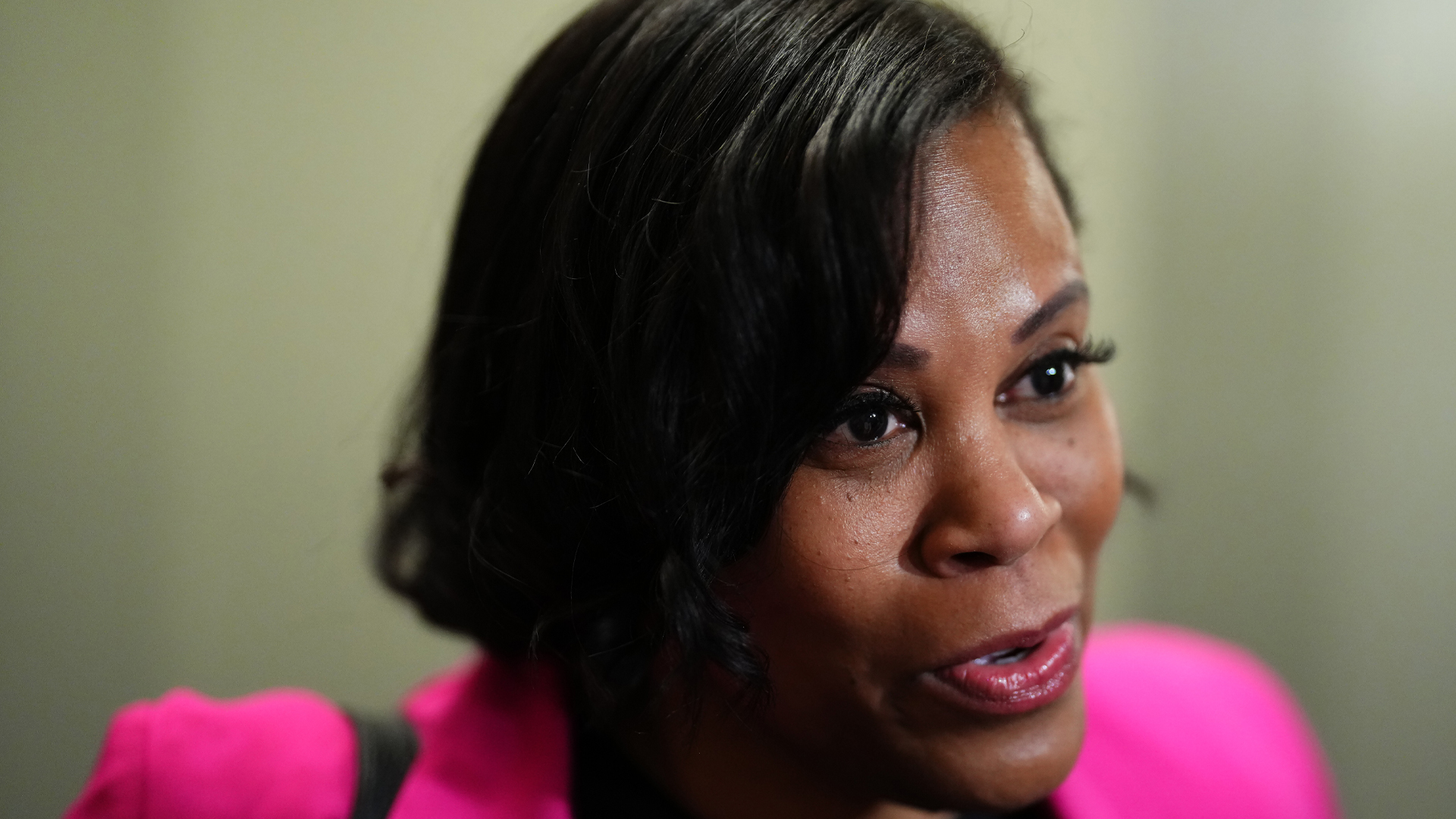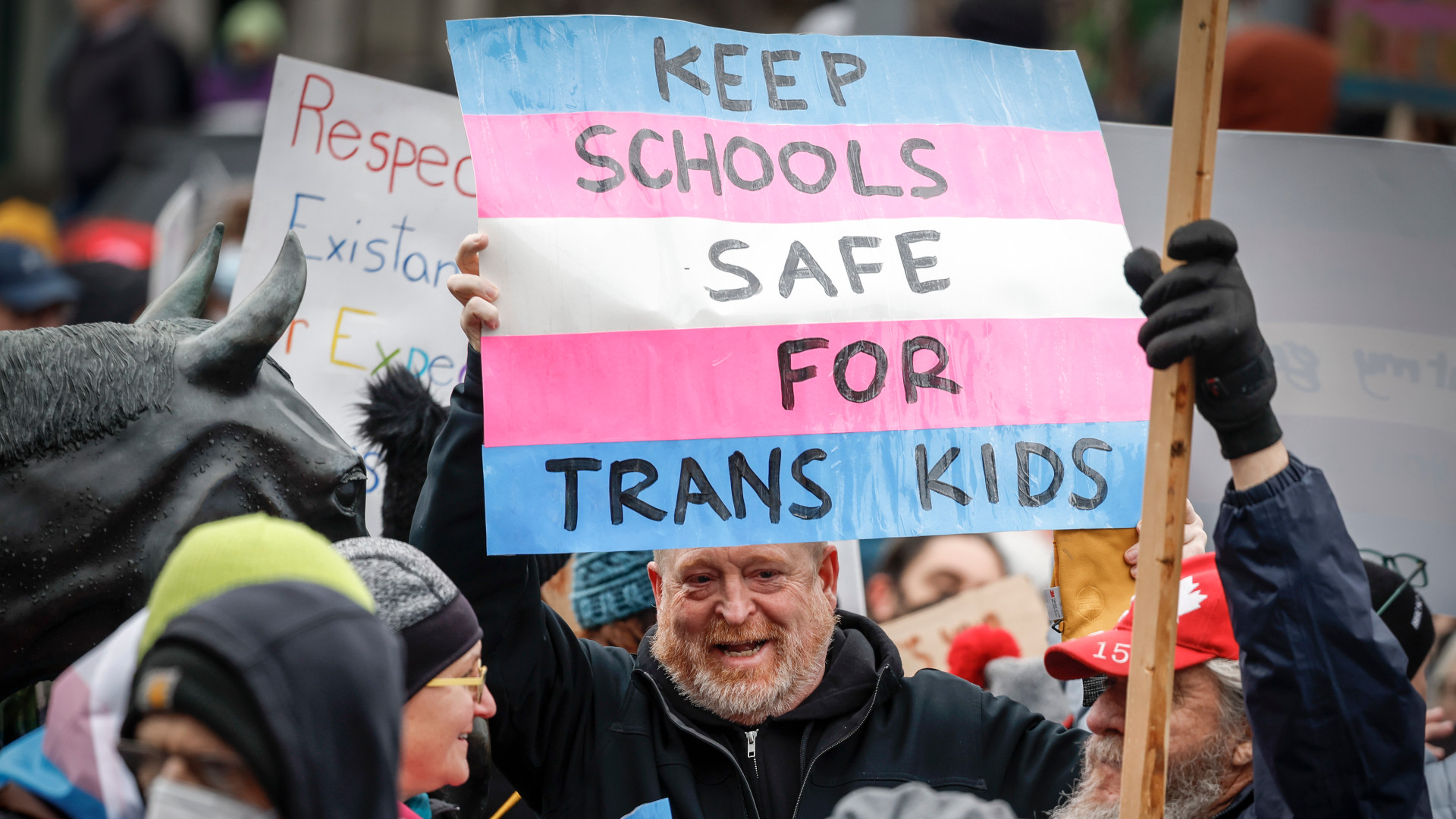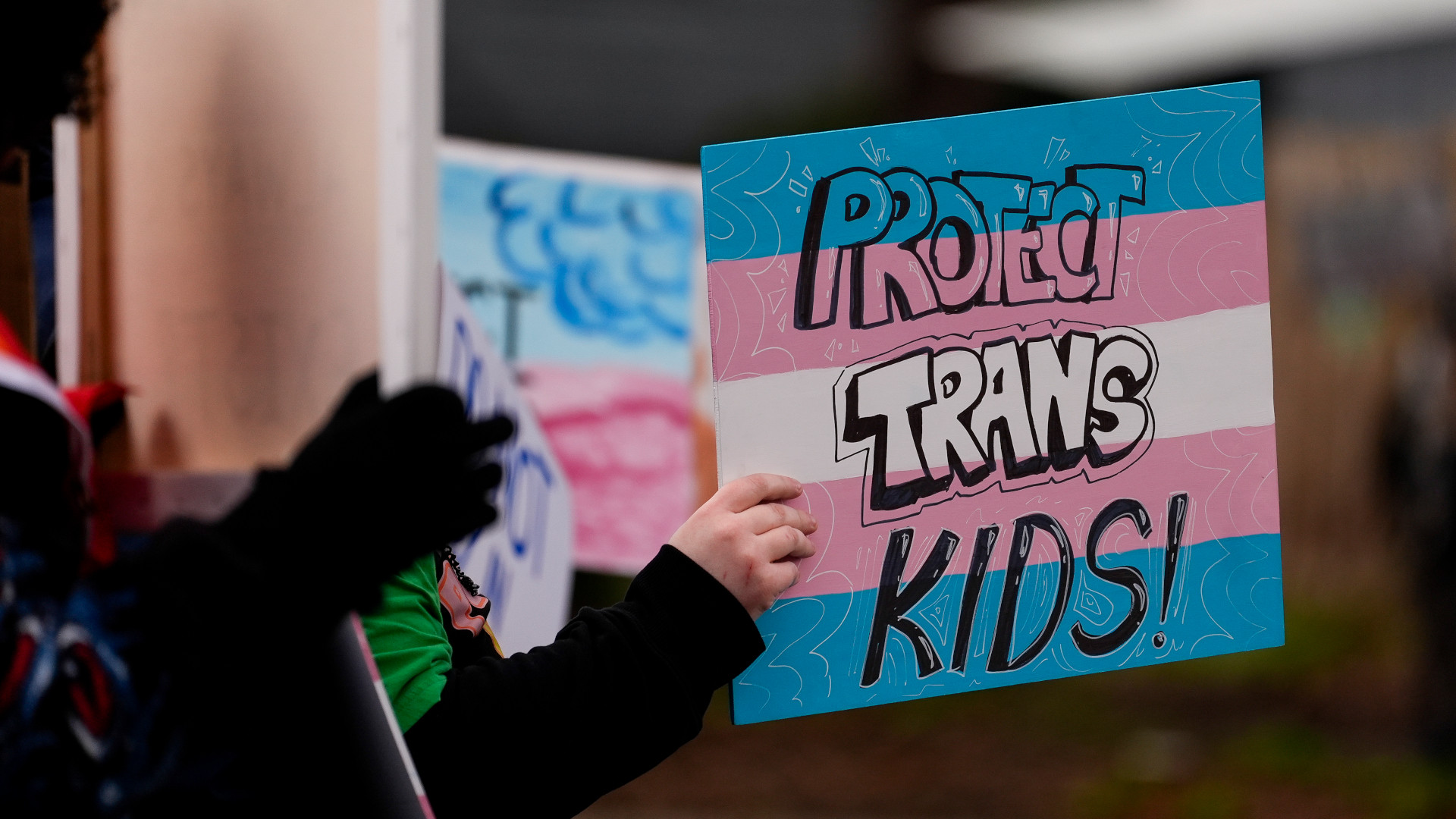
Shortly after being sworn in as Canada’s new prime minister, Mark Carney presented his new cabinet consisting of ministers who kept their jobs, others who were shuffled to a new portfolio and some new faces. Conspicuously absent was the role of minister for women and gender equality and youth.
Cutting this ministry is a mistake.
Advocates across the nation immediately criticized the decision. A coalition of fifteen organizations — including the Canadian Research Institute for the Advancement of Women, Women’s Shelters Canada, YWCA Canada and Action Canada for Sexual Health and Rights — signed an open letter detailing why such a change to cabinet is regressive.
The letter was written in March during the annual gathering of the United Nations Commission on the Status of Women, which many of Canada’s leaders on women’s rights attended.
“The removal of this cabinet position is not just a symbolic loss; it has real-world implications for millions of women and gender-diverse people and workers in Canada who rely on the government to protect their rights and advance their interests,” the letter stated.
The decision to remove the ministry has come while Canada experiences what has been reported as “a surge in the deaths of women from police-reported intimate partner violence.” Across the country, communities have been devastated by high-profile cases of women being murdered, often because of their gender, a crime known as femicide.
Globally, experts have been documenting the increasing erosion of women’s rights, a trend that echoes growing antagonism toward the LGBTQIA2 community. A report released in March by UN Women found that nearly one quarter of governments worldwide reported a backlash against women’s rights in 2024. A particularly shocking statistic within the report is that a woman or girl is killed every 10 minutes somewhere in the world by a partner or member of her own family.
Canada has been a leader on the global stage in advocating for the rights of women, but Carney eliminating the ministry responsible represents a step in the wrong direction at a time when there is a critical need for international leadership.
Deciding to cut this role as women across Canada die at the hands of those closest to them shows a clear disdain for the essential work of fighting gender-based violence. Beyond that, it demonstrates that the feminist focus of Justin Trudeau’s Liberal government is no longer.
Such a focus is not performative. It is essential to the long-term growth of our nation. On a global scale, it’s been estimated that closing the gender gap, along with increasing women’s engagement in the workforce, could give the world economy a US$7 trillion boost. In Canada, 2023 statistics showed that the labour force participation rate among females was 61.1 per cent compared with 69.7 per cent for males. It seems obvious that supporting more women in the workforce would be an economic benefit.
Data is a defence against femicide
Gender-equal cabinets have done little so far for women and girls living with male violence
Related to this, women in Canada still face a gender pay gap.
A Statistics Canada report showed Canadian-born women earned 9.2 per cent less in 2022 than their male counterparts, while racialized and immigrant women faced even greater disparities.
The March open letter concludes that it is imperative that the government reinstate a dedicated minister for women and gender equality and youth “to ensure that these critical issues remain at the forefront of Canada’s political agenda. People in Canada do not have to choose between the economy and critical social priorities.”
There is no implicit need to choose one or the other when supporting women or investing in the economy. Federal priorities are not a zero-sum game. We do not require a decreased focus on priorities such as ending gender-based violence to increase economic outputs.
In the weeks since Carney’s decision to ditch the cabinet post, many of the same civil society leaders behind the letter have coalesced behind the non-partisan #DemandBetter campaign. Its intent is to amplify the reality that progressive, feminist-focused policies are in our best interests. Social progress underscores, not undermines, a Canada that should exist for everyone.
It isn’t unreasonable to ask that women in Canada can live without the fear of violence or death from those closest to them. It isn’t unreasonable to ask that women — of all backgrounds — receive equal pay for equal work. It isn’t unreasonable to want a Canada that uses the global stage to fight for equal rights. And it isn’t unreasonable to ask that women have the same opportunities to enter the workforce and contribute to the economy as men.
These are the priorities that a dedicated ministry for women, gender equality and youth could represent. However, they are the priorities our new prime minister has decided to undervalue.
But priorities can be changed. Portfolios can be restored. A minister dedicated to women, youth and marginalized groups is essential to ensure they receive the support they need, are treated fairly and are recognized for their contributions economically and socially to Canada.
During the current election campaign, all potential prime ministers would do well to heed feminist civil society advocates. Our country will only grow stronger for it.









